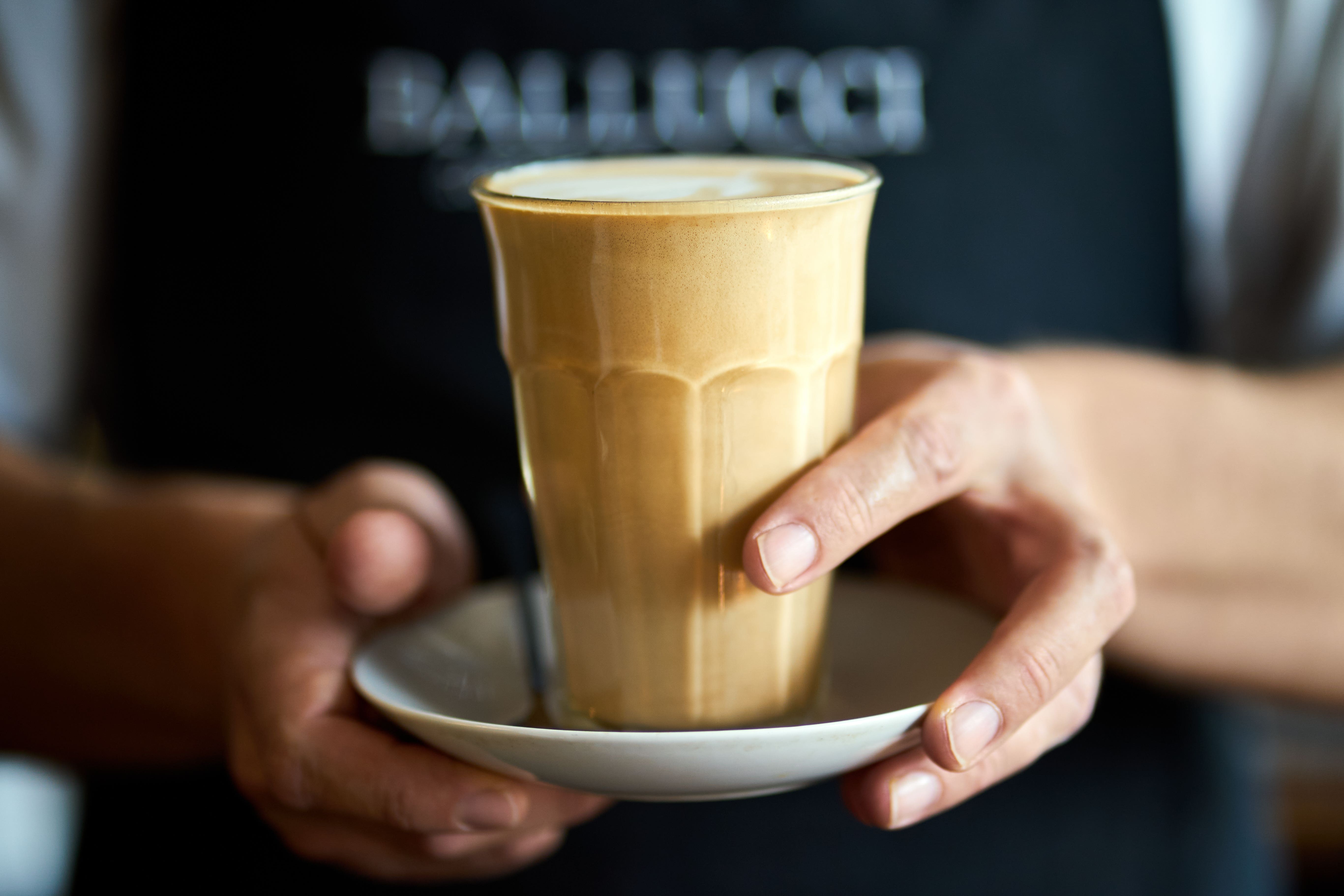The one small change to hot drinks in care homes that could save the NHS £85 million per year
The report says thousands of falls would be prevented and the NHS could save as much as £85 million per year

Your support helps us to tell the story
From reproductive rights to climate change to Big Tech, The Independent is on the ground when the story is developing. Whether it's investigating the financials of Elon Musk's pro-Trump PAC or producing our latest documentary, 'The A Word', which shines a light on the American women fighting for reproductive rights, we know how important it is to parse out the facts from the messaging.
At such a critical moment in US history, we need reporters on the ground. Your donation allows us to keep sending journalists to speak to both sides of the story.
The Independent is trusted by Americans across the entire political spectrum. And unlike many other quality news outlets, we choose not to lock Americans out of our reporting and analysis with paywalls. We believe quality journalism should be available to everyone, paid for by those who can afford it.
Your support makes all the difference.Care home residents switching their hot drinks could save the NHS up to £85 million per year in toileting-related falls, a new study has found.
In what is said to be a first-of-its-kind trial, residents in eight residential care homes were switched to decaf over a period of six months.
According to the joint report the change resulted in a 35% reduction in toileting-related falls.
If the trial were to be scaled up across the sector, the report says thousands of falls would be prevented and the NHS could save as much as £85 million per year.
The trial followed a similar initiative by UHL in 2021, in which decaffeinated drinks were suggested to patients at the hospital after continence nurse specialist Sarah Coombes noticed many were falling on the way to the toilet.
Decaffeinated drinks have been shown to reduce bladder and bowel urgency in those with an overactive bladder or incontinence.

Within three months, toileting-related falls in the hospital were down by 30%.
Research says falls are the most common cause of injury-related deaths in people over the age of 75.
People living in care homes are three times more likely to fall than those living at home and they are generally more frail, less mobile and have a higher prevalence of incontinence than the general population.
These figures prompted Care England and Stow Healthcare to trial the initiative in a residential care home setting.
Between June and November 2023, about 300 residents across Stow Healthcare’s eight care homes were given the chance to blind taste-test caffeinated and decaffeinated drinks.
More than 90% of residents chose to take part in the trial after being told about the potential health benefits of making the switch, with the choice of caffeine always available on request.
Across the trial period, falls associated with care home residents going to the toilet dropped by 35%.
Professor Martin Green, chief executive at Care England, urged care providers across the country to “give decaf a go”.
He said: “Falls have a detrimental impact on thousands of older people every year, not to mention the knock-on cost to the NHS.
“When we first heard about the results of UHL’s decaf trial in a hospital setting, the potential benefits for social care were immediately clear.
“For such a simple, cost-neutral solution to have such a profound impact is extraordinary. With a huge national focus on reducing pressure on the NHS, this pioneering trial demonstrates that simple solutions can help address enormous challenges.
“Care England is delighted to have been involved in this project and would encourage care providers across the country to give decaf a go!”